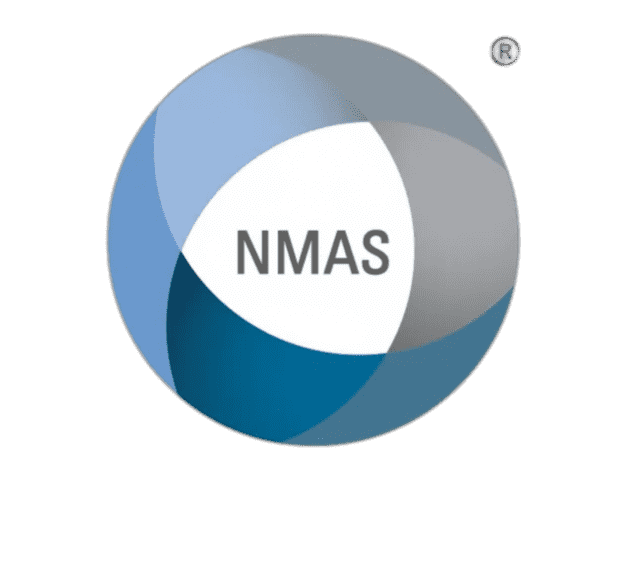The voyage of resuming work post a work-related injury or illness is a tumultuous one. Employees confront a spectrum of uncertainties, questioning their competence and anticipating complex interactions with colleagues and superiors. However, an invigorating prospect emerges—crafting a return-to-work environment that not only rekindles employees’ confidence but also accelerates their recovery journey, an Endeavor poised to reframe how we approach this transitional phase.

Evidence-Backed Strategies
- Cultivate Empathy and Understanding:
Embracing the emotional terrain that employees traverse upon their return is foundational. Nurturing genuine empathy and understanding for their sentiments, while extending unwavering support, forms a bedrock. The illumination provided by Shang et al.’s (2019) research accentuates empathy’s pivotal role during the return-to-work process. - Provide Flexible Work Arrangements:
Deviating from convention, the integration of flexibility into work structures emerges as a transformative force. The provision of alternatives such as remote work or part-time hours paves the path for gradual reintegration, shielding individuals from undue strain. Studies, including those conducted by Wang et al. (2020) and O’Keeffe et al. (2018), resoundingly echo the merits of this approach in nurturing triumphant return-to-work outcomes. - Offer Ongoing Support:
Sustained support, akin to a compass guiding weary travellers, holds irreplaceable significance. Establishing a rhythm of regular interactions between supervisors or managers and employees constructs an ecosystem of guidance and inspiration. This dynamic synergy—underscored by research—safeguards the rhythm of recovery and cultivates an environment steeped in reassurance. - Celebrate Milestones:
The alchemy of celebration, often underestimated, is a catalyst for transformation. Recognising and commemorating employees’ strides in their recovery voyage galvanises their spirits. These accomplishments become steppingstones, igniting a cascade of motivation to surmount challenges. This echoes the sentiments of studies underscoring the potency of recognising accomplishments.
Implementing Change
However, turning these strategies into tangible realities necessitates a transformative approach. Here are actionable steps for implementation:
- Empathy Workshops: Conduct workshops to cultivate empathy among teams, fostering a culture of understanding and support.
- Flexible Work Policy: Instituting a flexible work policy communicates a commitment to employees’ well-being and instils a culture of adaptability.
- Structured Check-Ins: Schedule structured, empathetic check-ins with managers to provide a safe space for employees to voice concerns and chart progress.
- Milestone Celebrations: Create a culture of acknowledging milestones with personalised gestures, affirming the importance of every step taken.
Government Initiatives
- National Return to Work Strategy 2020-2030: A blueprint to elevate return-to-work outcomes, this initiative warrants collaboration to harness its potential.
- Safe Work Australia Return to Work Toolkit: A reservoir of insights that warrants exploration, enriching your arsenal with holistic guidance.
Conclusion
In embracing these strategies and government initiatives, a shift from conventional paradigms emerges. The creation of a transformative return to work environment emerges as a collaborative effort—one that rejuvenates both employees and businesses. By engraining empathy, championing flexibility, nurturing ongoing support, and lauding milestones, we embark on a journey towards accelerated recovery and profound professional reintegration. Let us collectively challenge the status quo and propel a culture of innovation, thereby fortifying employees and catalysing the elevation of Australia’s workforce to unprecedented heights.








